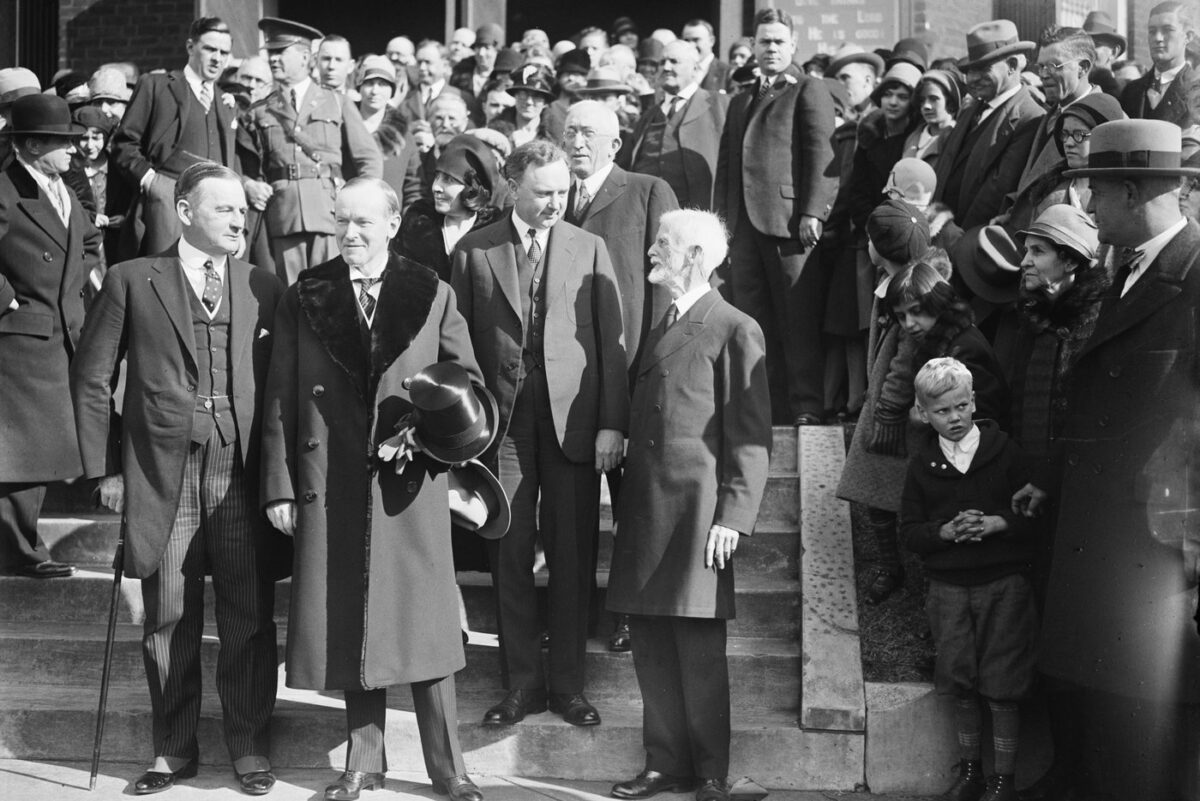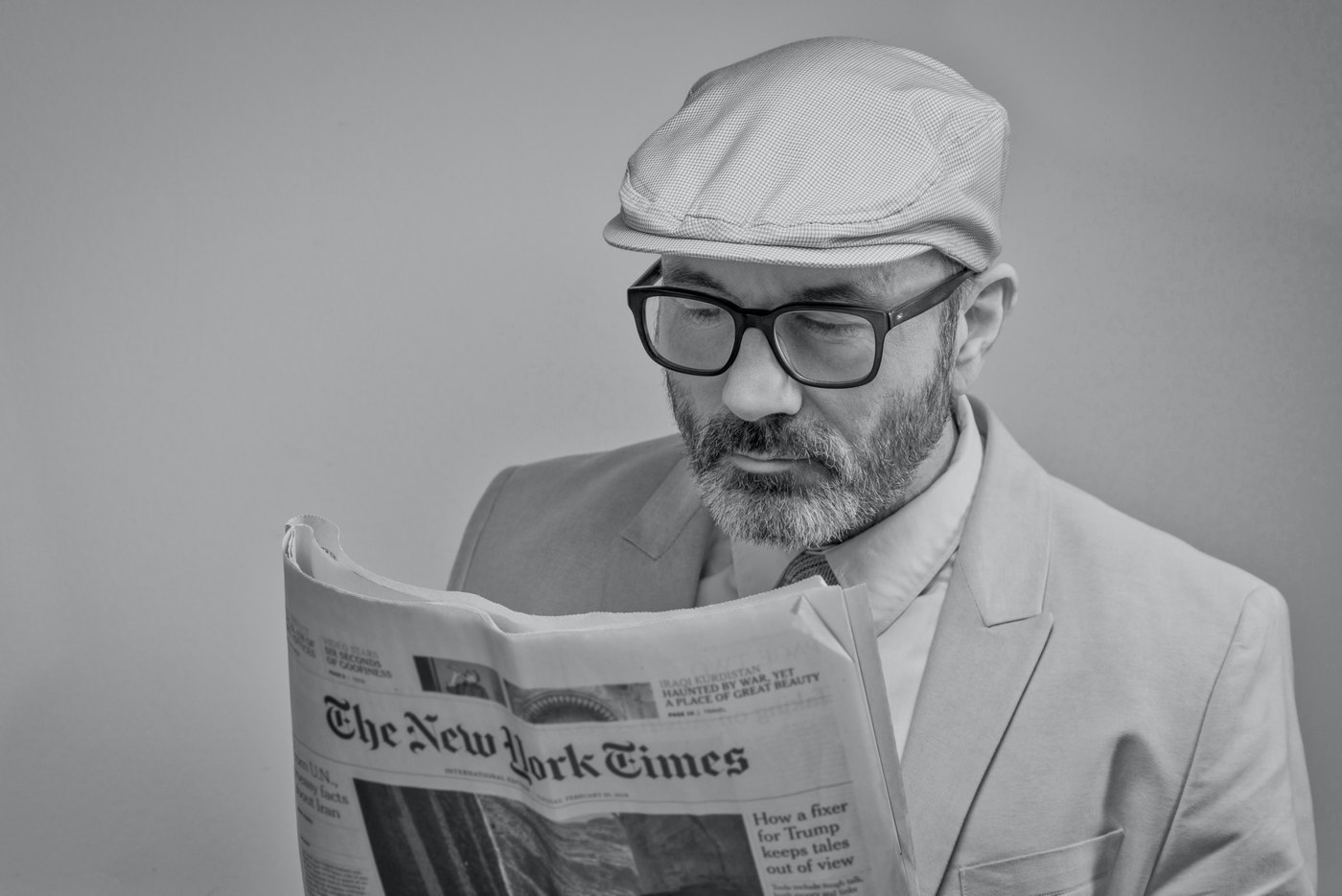The journalist must be interesting, persuasive and competent. He must be watched, read, listened to. A journalist must be convincing, otherwise he may look funny and competent, otherwise he needs to change his profession. “To achieve this, a journalist should expand his social circle as much as possible – communicate with people of different views, political convictions, social strata, not close in his circle , not “stew in your own juice.” A journalist must cultivate critical thinking and constantly engage in self-education. “The head of a journalist is a colossal accumulator of information. You have to constantly learn something. In principle, there is no useless information for a journalist – you never know when and where it will be useful to you.

Reading the works of authors such as Mario Vargas Llosa or Fyodor Dostoevsky, you learn to abandon verbal templates, you find “your”, the author’s language, a word that “hooks” the reader. According to Rachmanin, emotions are also necessary in author’s journalism. When creating texts, one should take into account the fact that politicians are not always guided by logic, and often by the same emotions. Many decisions in politics are made under the influence of personal factors – envy, jealousy, resentment. It is not always necessary to write about this, but it cannot be ignored.
I dwelt in detail on the principles of constructing an interview, in particular, a political one:
not to ask the respondent questions on a topic in which the journalist himself is incompetent;
not trying to look smarter and more informed than it really is;
avoid “closed” questions that suggest an answer “yes” or “no”, except for those cases when it is necessary to clarify information of public interest;
do not ask questions that the respondent has already answered several times.

In the event of these mistakes, the respondent, as a rule, loses interest in both the journalist and the conversation. Prepare for the interview, gather information to understand what topics can be sharp for the interlocutor. Never start a conversation with a topic that is of particular interest to the interlocutor, otherwise he will talk about this topic most of the time allotted for the interview. Save these topics for the end of the conversation.
In the construction of questions, a certain architecture should be observed, the conversation should be holistic and logical. It’s good if the next question logically follows from the previous one. At the same time, the journalist must listen carefully to the interlocutor and adjust his questions depending on what the interlocutor has said. An interview is a single text with two authors. Your main task as a journalist is to make this text interesting. If this is not the case, the goal has not been achieved. An interview is to some extent a duel in which you have to be on the level of your opponent.
Newspaper journalism is the fundamental principle of journalism in general – a good newspaper journalist, as a rule, will be able to realize himself both on radio and on television, because he feels the language, knows how to formulate thoughts.
Analytics is still very much in demand, since there are not so many people who can do it efficiently. The analyst’s task is to answer the questions that are ripe in society, to explain what is behind certain events. What does a layman expect from analytical material about elections? He cares about what will happen after the elections, what results they will lead to. The principle of analytics is to explain to people what happened in simple, accessible words that crown the painstaking work.

The written material should be understandable to the average reader. A journalist must be able to collect information, separating the important from the unimportant, know several opinions, try to draw a conclusion, propose a forecast of the development of events. Rumors may well be of interest to a journalist. Hearing is a source of information. The journalist should not use rumors, but he must take them into account. A rumor can be a news item. If you are faced with rumors, you must understand whether it is possible to verify these rumors and whether this information has public significance.
To some extent, authorial political journalism is being killed by blogs. Everyone can now open their own site and be the only reader and only writer there, so the requirements for journalism have dropped. At the same time, the demand for the journalistic word remains high, the attitude towards the press is contradictory – they often do not believe, but they still read it.
There is no career in journalism, so they do it not so much because of money, but because of an internal need. You will never become a rich person by working as a journalist. You can use your journalistic connections to become a PR person, advertiser, or politician. But when you become one of them, you will no longer be a journalist.

